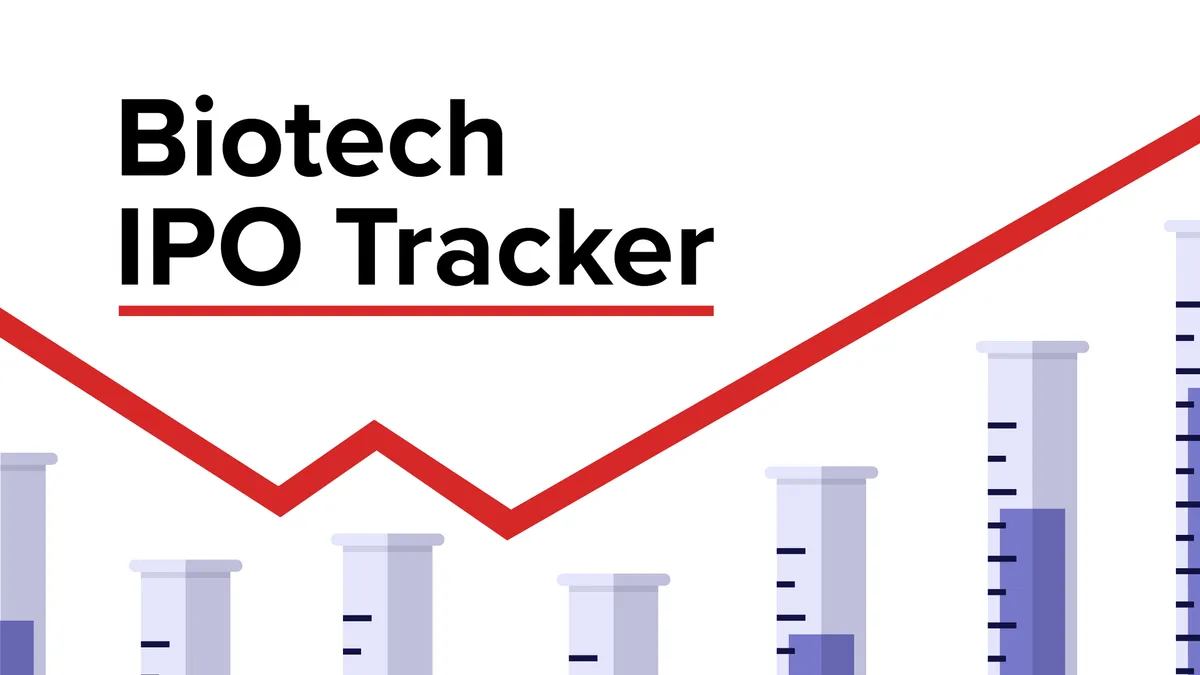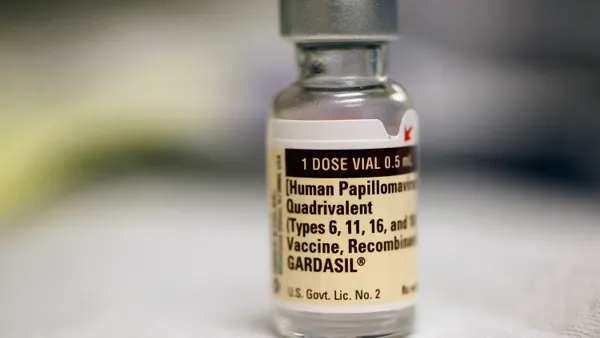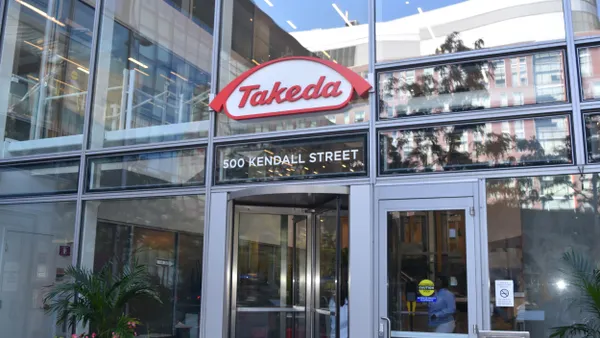Dive Brief:
- Eli Lilly won Food and Drug Administration approval to sell its Omvoh medicine for adults with Crohn’s disease, adding to the potential market for a drug first approved in 2023.
- Omvoh is already available for adults with ulcerative colitis, a more common form of inflammatory bowel disease. Overall, IBD affects about 2.4 million Americans, according to a recent study, with Crohn’s and ulcerative colitis being the most common.
- The approval is based on a study that found Omvoh could help patients whose disease wasn’t adequately controlled by previous treatments. However, two of the three largest pharmacy benefit managers have listed it as a first-line therapy, not requiring patients to have failed on another drug first, Lilly said Wednesday.
Dive Insight:
Omvoh is part of a slate of new medicines designed to build on Lilly’s success with diabetes and obesity treatments that have boosted earnings and sent its shares soaring. The company won approval in colitis in October 2023, after an initial rejection in April 2023 based on manufacturing issues.
Drugmakers have been pouring money into the gastrointestinal field in recent years and expanding the use of blockbusters such as AbbVie’s Skyrizi to include colitis and Crohn’s disease. Like Skyrizi, Omvoh is designed to target a specific subunit of the IL-23 protein to prevent inflammation. J&J’s Tremfaya also blocks IL-23 while binding to the CD64 receptor on cells that produce IL-23 as well.
While Omvoh’s sales have been relatively modest to date, with revenue of $41 million in the third quarter, Lilly touted its potential for growth in guidance released Tuesday. Overall, the company said 2024 revenue increased less than it previously estimated; Lilly is due to report full results on Feb. 6.
In its approval announcement Wednesday, Lilly said Omvoh is the first biologic in more than 15 years to enter the market after sharing two years’ worth of Phase 3 efficacy data in Crohn’s disease. Almost 90% of patients who achieved clinical remission and endoscopic response in the first year of treatment with Omvoh maintained that status through an additional year in an ongoing open-label extension study, Lilly said.
Editor’s note: This story has been updated to clarify the percent of patients who continued to benefit through an additional year of follow-up.













